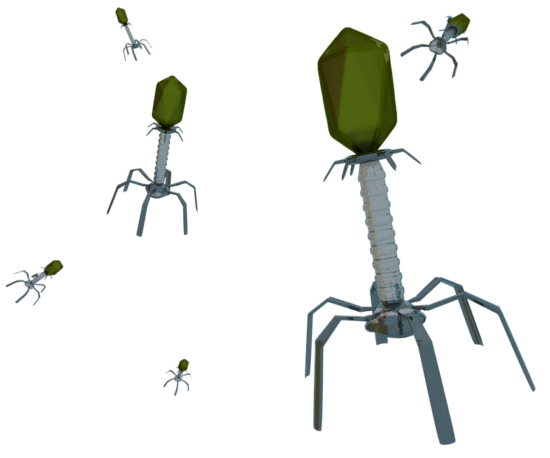Phage therapy: From biological mechanisms to future directions
Increasing antimicrobial resistance rates have revitalized bacteriophage (phage) research, the natural predators of bacteria discovered over 100 years ago. In order to use phages therapeutically, they should (1) preferably be lytic, (2) kill the bacterial host efficiently, and (3) be fully characterized to exclude side effects. Developing therapeutic phages takes a coordinated effort of multiple stakeholders. Herein, we review the state of the art in phage therapy, covering biological mechanisms, clinical applications, remaining challenges, and future directions involving naturally occurring and genetically modified or synthetic phages.
AMR NEWS
Your Biweekly Source for Global AMR Insights!
Stay informed with the essential newsletter that brings together all the latest One Health news on antimicrobial resistance. Delivered straight to your inbox every two weeks, AMR NEWS provides a curated selection of international insights, key publications, and the latest updates in the fight against AMR.
Don’t miss out on staying ahead in the global AMR movement—subscribe now!







